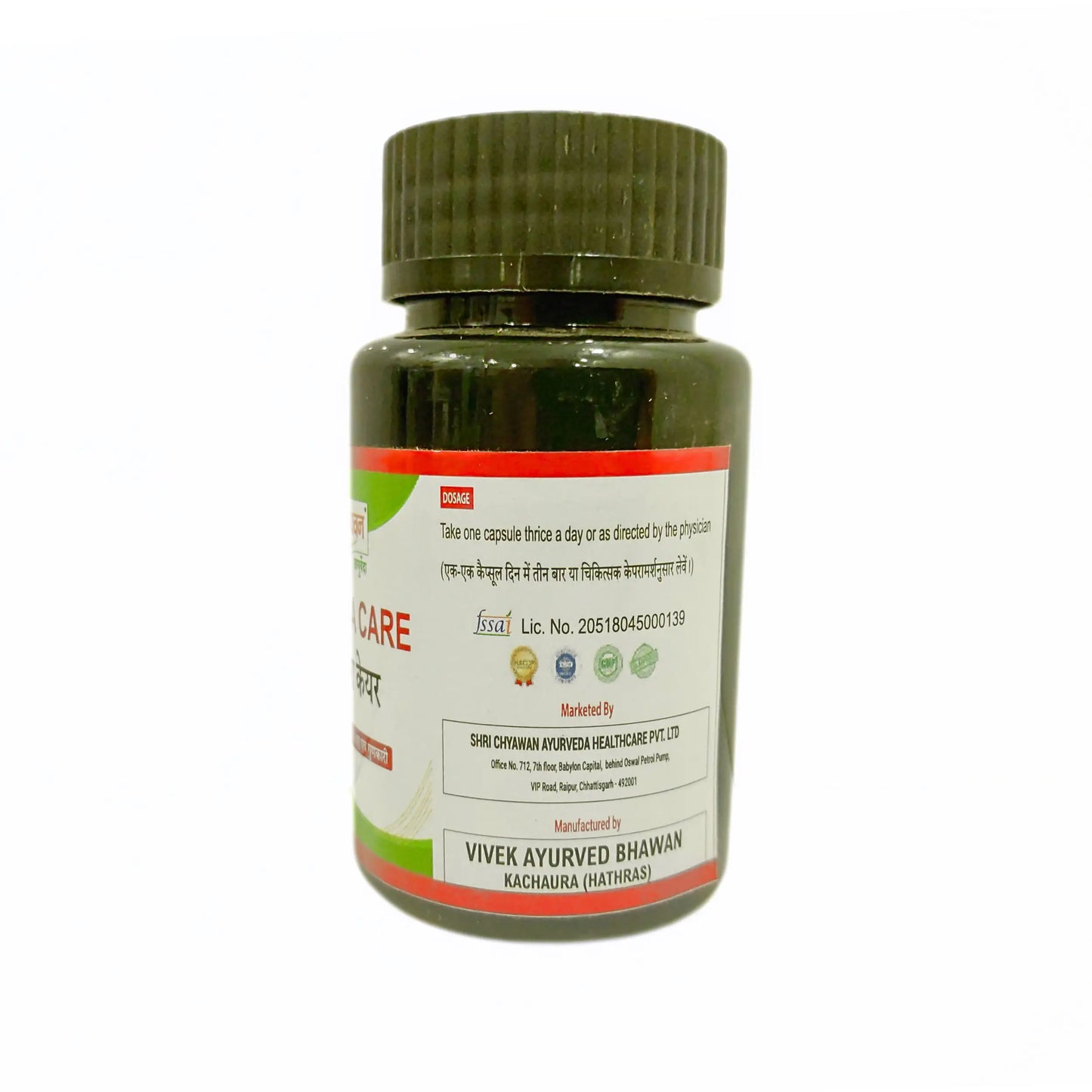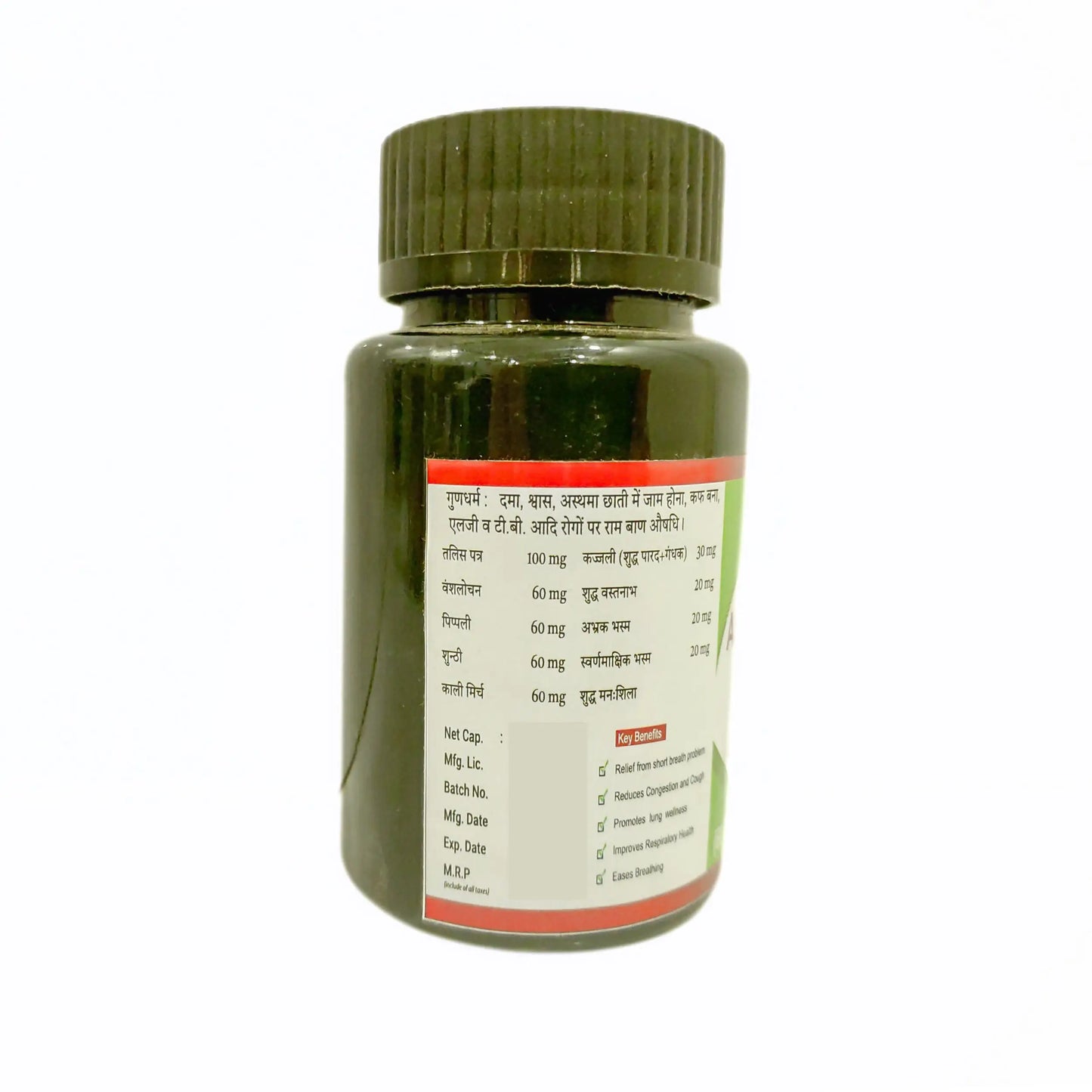Living with asthma involves careful consideration of dietary choices, including what we drink. While there's no magic potion to cure asthma, certain beverages can help manage symptoms and support respiratory health. In this comprehensive guide, we explore the drinks that may benefit individuals with asthma.
Understanding Asthma and Diet:
Asthma is a chronic respiratory condition characterized by inflammation and narrowing of the airways, often triggered by allergens, exercise, or environmental factors. While medication prescribed by healthcare professionals forms the cornerstone of treatment, dietary adjustments can complement traditional therapies to improve overall well-being and reduce symptoms.
Key Considerations for Asthma-Friendly Drinks:
When selecting beverages to support asthma management, consider the following factors:
- Anti-inflammatory Properties: Asthma involves inflammation of the airways, so choosing beverages with anti-inflammatory properties can be beneficial.
- Hydration: Proper hydration is crucial for maintaining respiratory health and thinning mucus secretions, which can help ease breathing.
- Nutritional Value: Opt for drinks rich in vitamins, minerals, and antioxidants that support immune function and overall health.
Top Drinks for Asthma Management:
1. Herbal Teas:
Herbal teas are popular for their soothing properties and potential health benefits. Some herbal teas that may benefit asthma management include:
- Ginger Tea: Known for its anti-inflammatory properties, ginger tea can help reduce airway inflammation and improve breathing.
- Turmeric Tea: Turmeric contains curcumin, a compound with potent anti-inflammatory and antioxidant effects that may support respiratory health.
- Chamomile Tea: Chamomile has calming effects and anti-inflammatory properties, potentially aiding in relaxation and reducing asthma symptoms triggered by stress.
2. Green Tea:
Green tea is rich in antioxidants called catechins, which have anti-inflammatory properties. Regular consumption of green tea may help reduce asthma symptoms and improve lung function.
3. Warm Water with Lemon:
Warm water with lemon is a simple yet effective drink that can support respiratory health. Lemon is high in vitamin C, which has antioxidant properties and may help reduce airway inflammation.
4. Aloe Vera Juice:
Aloe vera juice is known for its soothing properties and potential benefits for respiratory conditions. It may help reduce inflammation in the airways and support overall lung health.
5. Vegetable Juices:
Fresh vegetable juices, such as carrot or spinach juice, are rich in vitamins and antioxidants that can support immune function and reduce inflammation. These juices can be beneficial for overall respiratory health.

Tips for Incorporating Asthma-Friendly Drinks:
- Consistency: Incorporate these beverages into your daily routine to experience their potential benefits over time.
- Quality: Choose organic and natural options whenever possible to avoid additives that may trigger asthma symptoms.
- Personalization: Consider your individual triggers and preferences when selecting beverages to find what works best for you.
The Ayurvedic Approach to Asthma Management:
The Ayurvedic approach to managing asthma is highly personalized, focusing on individual dosha types and specific triggers of the condition. Here’s an overview of potential Ayurvedic interventions:
Ayurveda avoids a one-size-fits-all approach, instead tailoring treatment to your dominant dosha and asthma triggers. Dietary adjustments play a crucial role: Vata-dominant individuals may benefit from warm, grounding foods like soups, while Pitta-influenced asthma may require a cooling, anti-inflammatory diet.
Herbal remedies are central in Ayurvedic asthma management. Vasa (Adhatoda Vasica) is renowned for its bronchodilatory and expectorant properties, particularly effective for Kapha-related asthma.
Lifestyle practices such as Pranayama (yogic breathing techniques) are integral. These exercises can regulate Vata and enhance lung function. Stress management, including meditation, is also vital, as stress can worsen doshic imbalances and asthma symptoms.
Conclusion:
While these drinks can complement asthma management strategies, it's essential to consult with a healthcare professional before making significant dietary changes or relying solely on beverages for asthma control. By incorporating these asthma-friendly drinks into a balanced diet and treatment plan, individuals with asthma may experience improved respiratory health and overall well-being.
Remember, managing asthma involves a holistic approach that includes medication, lifestyle adjustments, and dietary considerations. By making informed choices about what we drink, we can contribute to better asthma control and quality of life.
FAQ: Drinks for Asthma Management
Q1: Can drinks cure asthma?
A: No, drinks cannot cure asthma. Asthma is a chronic condition that requires medical management. However, certain beverages may help manage symptoms and support overall respiratory health when combined with prescribed treatments.
Q2: Are there any drinks that can worsen asthma symptoms?
A: Yes, some beverages may trigger asthma symptoms in certain individuals. Common triggers include alcoholic beverages, sugary drinks, and caffeinated beverages like coffee and energy drinks. It's essential to identify personal triggers and avoid them accordingly.
Q3: Is it safe to drink herbal teas if I have asthma?
A: In general, herbal teas can be safe and beneficial for asthma management, especially teas with anti-inflammatory properties like ginger or turmeric. However, it's crucial to consult with your healthcare provider before incorporating herbal teas into your diet, as some herbs may interact with medications or exacerbate asthma symptoms.
Q4: How much water should I drink if I have asthma?
A: Staying hydrated is important for individuals with asthma to maintain healthy respiratory function and thin mucus secretions. Aim to drink enough water throughout the day to keep your urine pale yellow or clear, as recommended by healthcare professionals.
Q5: Can lemon water help with asthma?
A: Lemon water, especially when consumed warm, can provide hydration and a source of vitamin C, which has antioxidant properties that may help reduce airway inflammation. However, it should not replace prescribed asthma medications and treatments.
Q6: Are there any specific dietary guidelines for managing asthma?
A: While there's no specific diet to cure asthma, maintaining a balanced diet rich in fruits, vegetables, lean proteins, and whole grains can support overall health and potentially reduce inflammation. Avoiding allergens and triggers specific to your asthma is also important.
Q7: How can I incorporate these asthma-friendly drinks into my daily routine?
A: You can incorporate asthma-friendly drinks by substituting them for less beneficial options in your daily routine. For example, replace sugary sodas with herbal teas or green tea, and start your day with warm water and lemon instead of caffeinated beverages.
Q8: Should I consult my doctor before making dietary changes for asthma management?
A: Yes, it's crucial to consult with your healthcare provider before making significant dietary changes or relying solely on beverages for asthma control. Your doctor can provide personalized guidance based on your asthma triggers and overall health.










